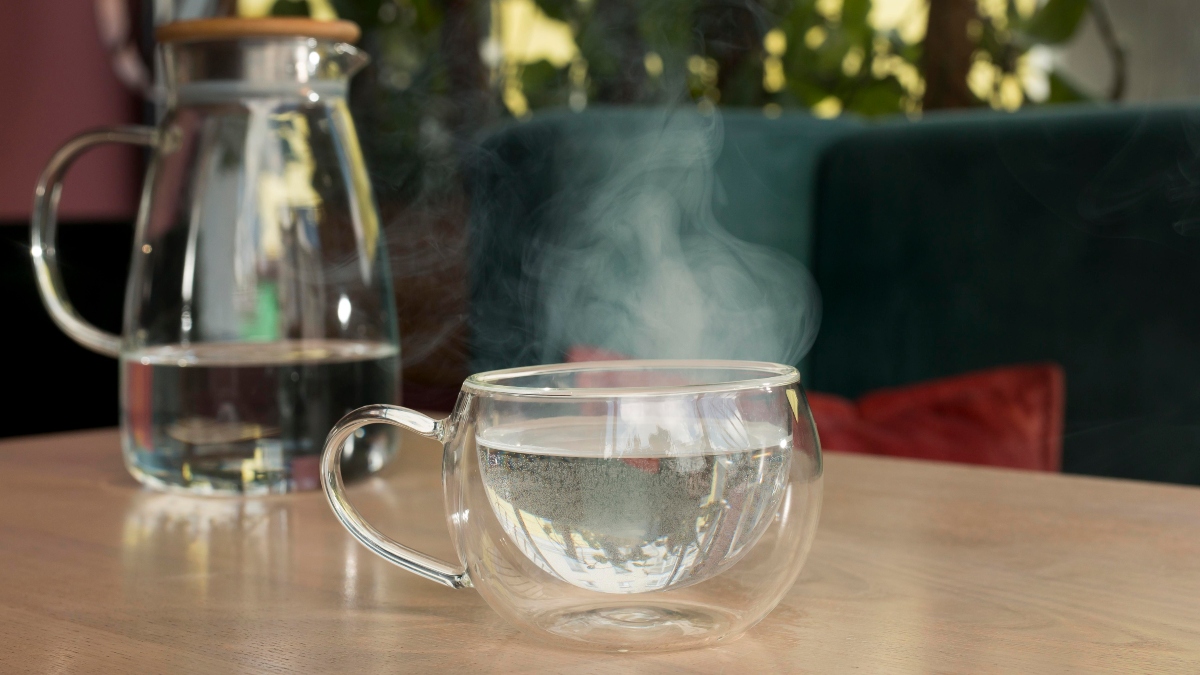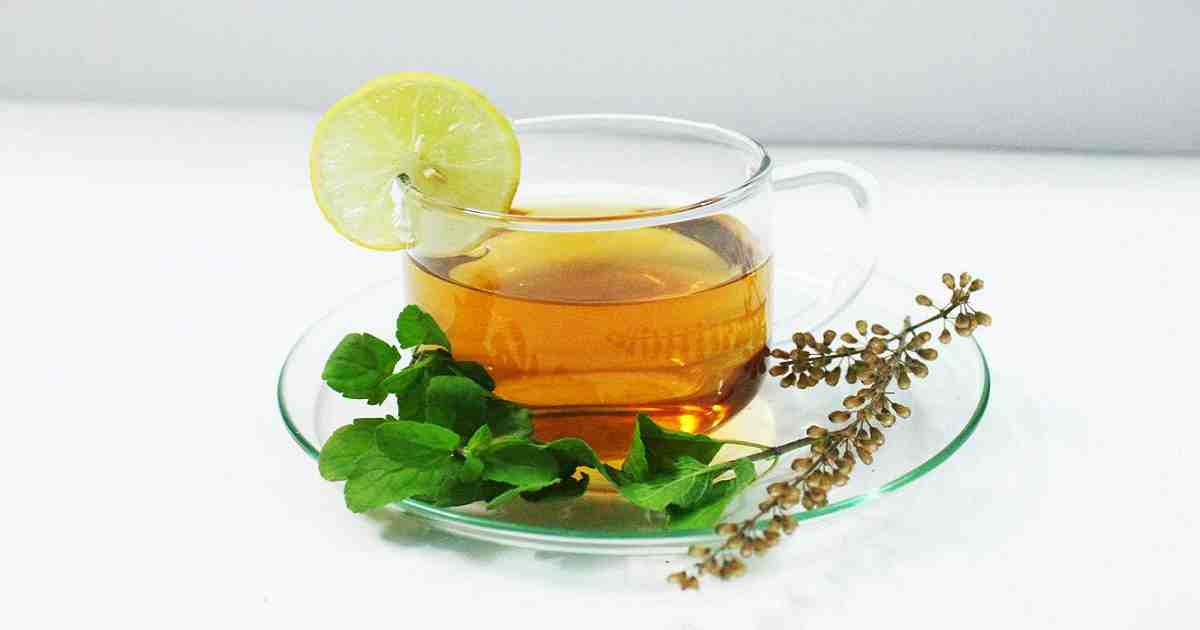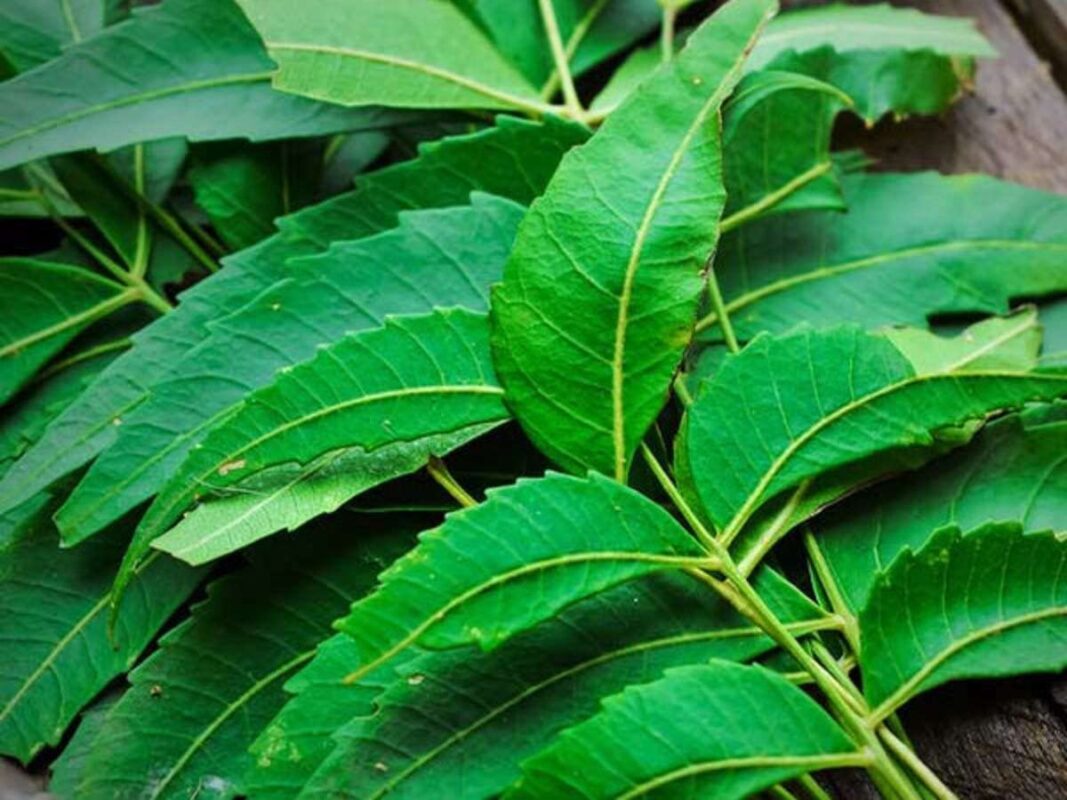Plasmodium malaria; Elimination; Malaria epidemiology; Non-falciparum.
Root Cause of Disease
Plasmodium malaria it is one of the type of Malaria. Plasmodium malaria is a parasitic protozoan that causes malaria in humans. It is one of several species of Plasmodium parasites that infect other organisms as pathogens, also including Plasmodium falciparum and Plasmodium vivax, responsible for most malarial infection.
P. malaria can infect several species of mosquito and can cause malaria in humans. P. malaria can be maintained at very low infection rat es among a sparse and mobile population because unlike the other Plasmodium parasites, it can remain in a human host for an extended period of time and still remain infectious to mosquitoes.
Symptoms
Symptoms for malaria usually start about 10-15 days after the infected mosquito bite. Along with high fever, shaking chills, and sweating, they can include:
- Headache
- Diarrhea
- Being very tired (fatigue)
- Body aches
- Yellow skin (jaundice)
- Kidney failure
- Bloody stools
Causes
Health problems can include:
- Coma
- Cerebral malaria (brain damage caused by swelling)
- Pulmonary edema
- Liver, kidney, and spleen failure
- Anemia (when you lose too many red blood cells)
- Very low blood sugar
Home Remedies To Treat Plasmodium Malaria
Remedy – 1: Warm Water

Warm water helps in keeping the body hydrated and also keeps the bowel movement in function, helping you get rid of toxins easily.
Remedy – 2: Tulsi Tea
Materials : Tulsi

Tulsi tea is also used for treating dengue and chikungunya. Boil some tulsi leaves and drink the tea, frequently throughout the day. Add some pepper if you want to, it is like an added bonus.
Product Link: Tulsi Tea
Remedy – 3: Neem
Materials : Neem

Neem has been used against malaria for centuries. Compounds present in neem have shown effectiveness against malarial parasites. Using neem leaves or drinking neem tea may also reduce the chances of contracting malaria.
Product Link: Neem
Preventions
If you live in or are traveling to an area where malaria is common, take steps to avoid mosquito bites. Mosquitoes are most active between dusk and dawn. To protect yourself from mosquito bites, you should:
Cover your skin: Wear pants and long-sleeved shirts. Tuck in your shirt, and tuck pant legs into socks.
Apply insect repellent to skin: Use an insect repellent registered with the Environmental Protection Agency on any exposed skin. These include repellents that contain DEET, picaridin, IR3535, oil of lemon eucalyptus (OLE), para-menthane-3,8-diol (PMD) or 2-undecanone. Do not use a spray directly on your face. Do not use products with OLE or PMD on children under age 3.
Apply repellent to clothing: Sprays containing permethrin are safe to apply to clothing.
Sleep under a net: Bed nets, particularly those treated with insecticides, such as permethrin, help prevent mosquito bites while you are sleeping.

